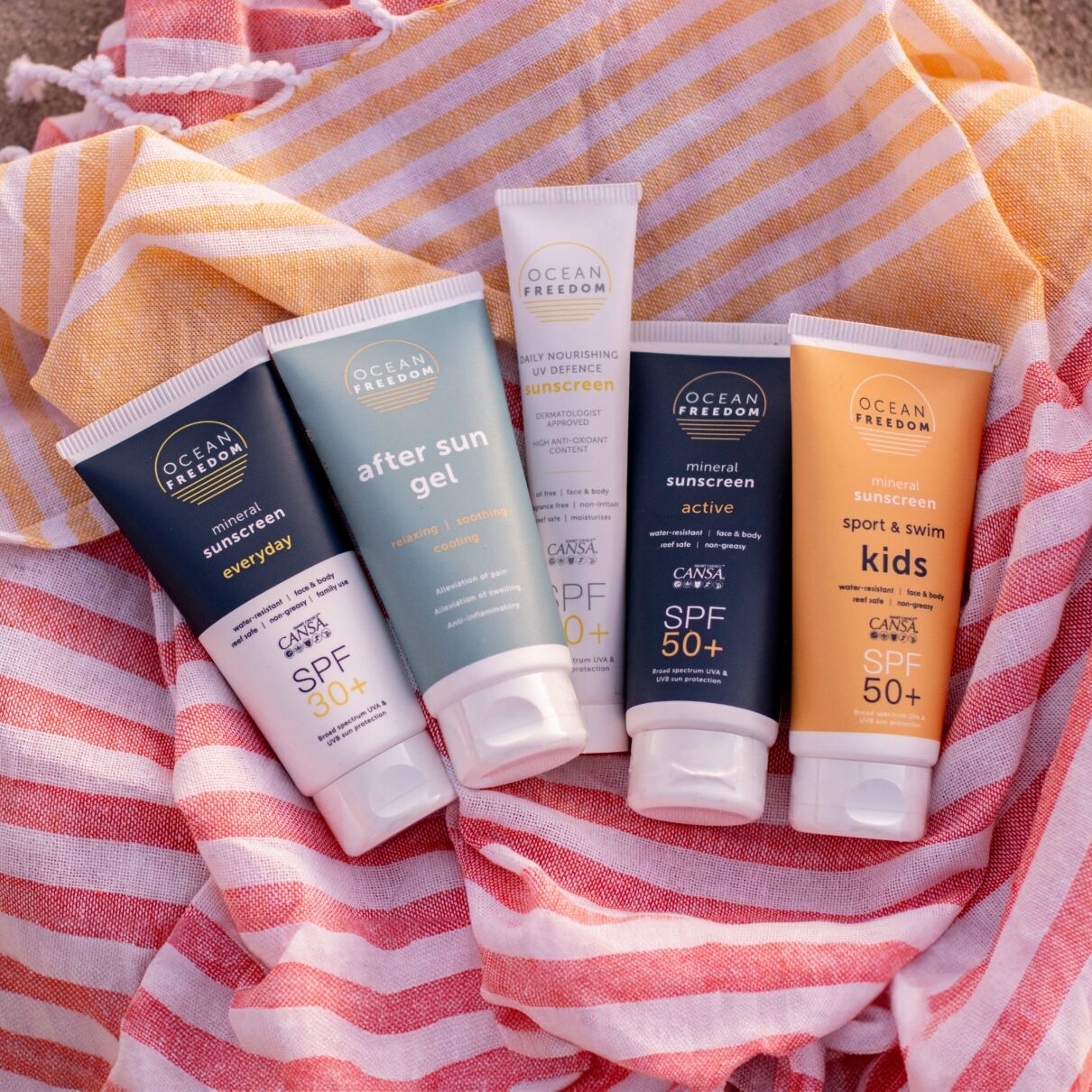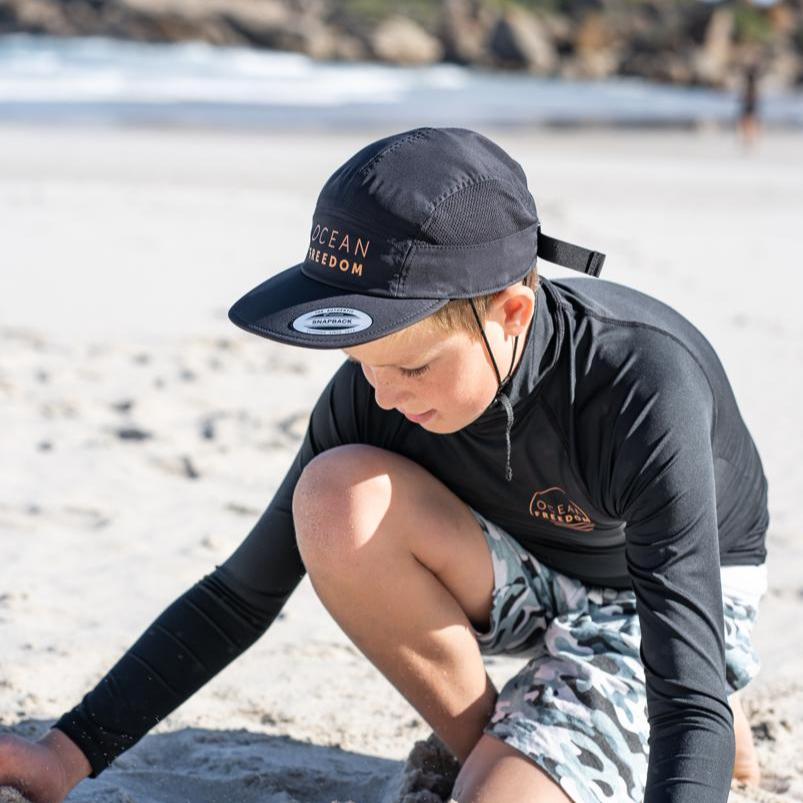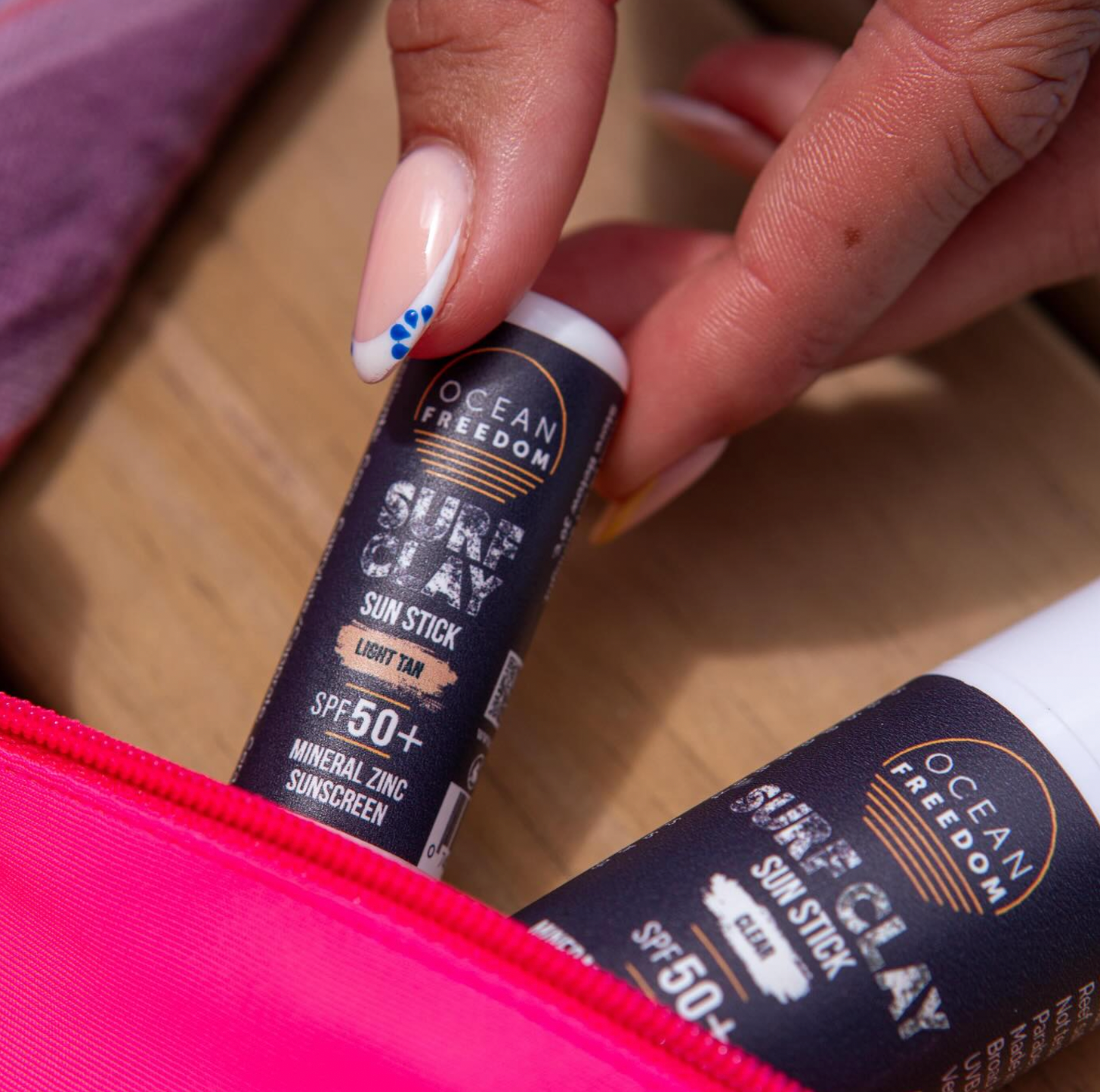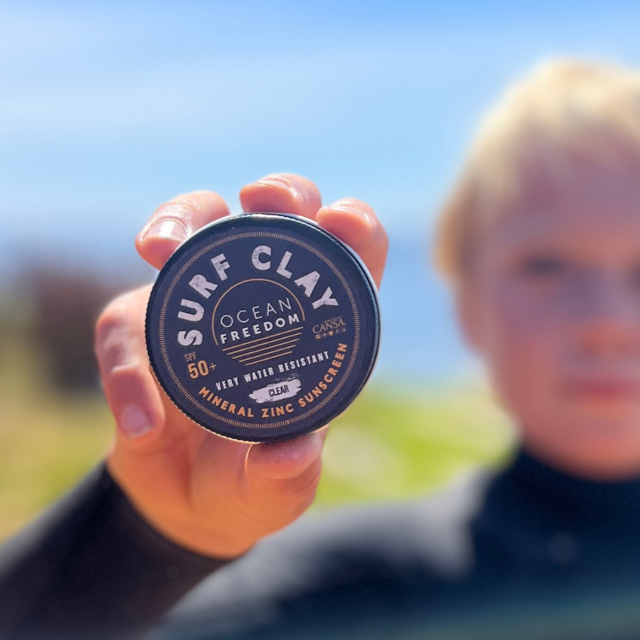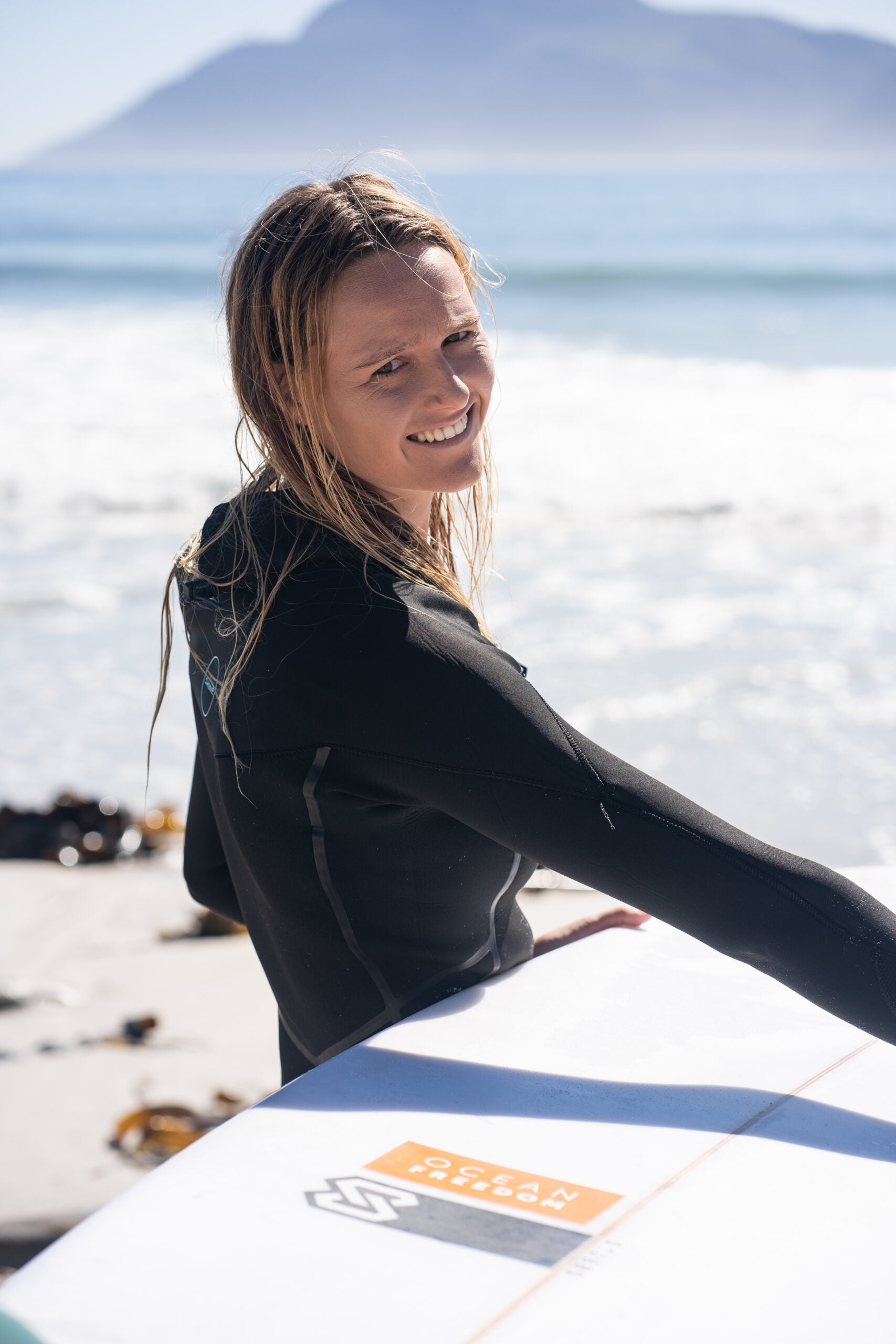Zinc deserves our attention now more than ever. Lets uncover the science behind how zinc safeguards our skin and explore why you should be integrating it into your daily skincare routine.
When applied topically such as in the use of sunscreen with zinc oxide as the active ingredient forms a barrier on top of our skin. Zinc particles are large enough that they are unable to penetrate through our skin cell wall (non-nano), even in a micronized state. This protective barrier provides your skin with a shield from the elements and locks in hydration and moisture.
Zinc has been used in ancient remedies for centuries, prized for its healing properties. It was utilized in various forms, such as zinc oxide ointments, to treat a wide range of ailments, including skin irritations and wounds. Many ancient civilizations recognized the medicinal value of zinc and incorporated it into their traditional healing practices.
Today, the exceptional healing properties have transcended from being used solely in treatments for diaper rash, sun protection, and foot powders to being incorporated into acne creams and various skin treatments.
Healing and regeneration
Zinc is widely utilized in hospitals to treat burns, specific ulcers, and other skin injuries due to its remarkable healing properties. Zinc can support cell and connective tissue regeneration assisting with slowing signs of ageing and has both antiseptic and astringent properties.
Supporting acne treatment
Acne is a common skin disease that is estimated to affect up to 9.4% of individuals globally. Studies suggest that both topical and oral zinc treatments can effectively treat acne with bacteria-fighting and anti-inflammatory abilities reducing inflammation and inhibiting the growth of P. acnes bacteria while suppressing oil gland activity.
Additional benefits for skincare
Zinc is known to assist in balancing skin oil production and reduce the appearance of large pores. It may enhance collagen synthesis, balance skin tone and even pigmentation. It is for these reasons it is now commonly found in mineral-based sunscreens for not only its sun-protecting shield but additional healthy skin care benefits.
For more information on Ocean Freedoms range of sunscreens click here: https://oceanfreedom.com/shop/ When shopping for a mineral sunscreen also consider the following factors Dermatologist approved: Dermatologist approval ensures that the product has been tested and deemed safe for use on the skin. This endorsement gives consumers confidence that the sunscreen has been formulated with skin health in mind and is less likely to cause irritation or adverse reactions. SPF50+ Sunscreen : SPF50+ indicates that the product provides high-level protection against the harmful effects of UVB radiation. It means that the sunscreen can block up to 98% of UVB rays, reducing the risk of sunburn and long-term skin damage. CANSA Association approved: The approval of the Cancer Association of South Africa (CANSA) signifies that the product has met specific standards and guidelines set by a reputable organisation dedicated to cancer prevention and awareness. https://cansa.org.za/csors/ocean-freedom-sunscreen/ Broad Spectrum UVA & UVB Sun protection: Protection Against Both UVA and UVB Rays offering protection against both UVA and UVB rays. UVA rays can lead to premature aging and skin damage, while UVB rays cause sunburn. A broad-spectrum sunscreen helps shield the skin from both types of harmful rays. Water Resistant: Water-resistant means this sunscreen maintains its effectiveness after exposure to water, sweat, or moisture (40 minutes) however re application is required after 40 minutes if in water or sweating. Re-apply every 40 minutes if in water or sweating. Apply 15 minutes before going into the sun or water. Not tested on animals: The “Not Tested on Animals” label signifies that the product has not been subjected to animal testing during its development and production process. This feature is significant for consumers who support ethical and animal-friendly skincare products. Paraben & Sulphate free: Parabens and sulfates are two common chemicals found in skincare products that some individuals prefer to avoid due to potential health and environmental concerns. By being paraben-free and sulfate-free, this sunscreen aims to offer a more natural and potentially safer option for consumers. Made in South Africa: Being manufactured in South Africa this product contributes to the local economy and supports local employment. For more frequenly asked questions about sun protection click here: https://oceanfreedom.com/faqs/
